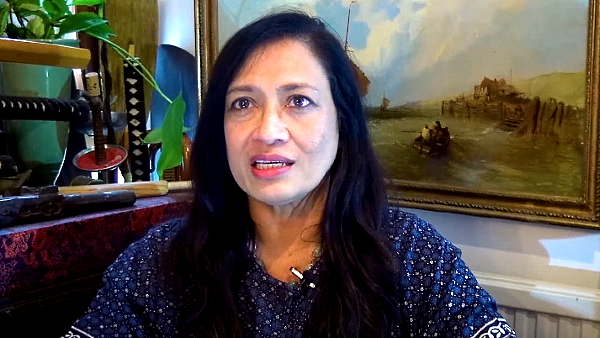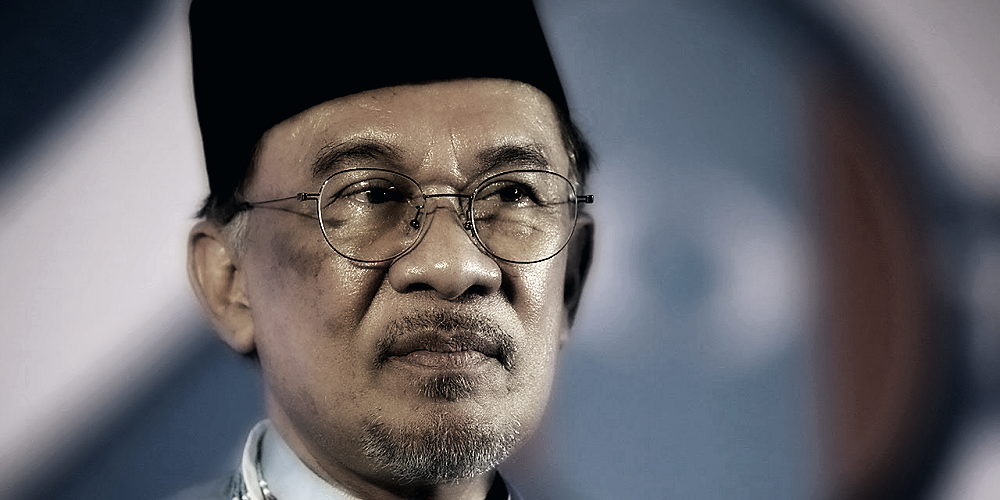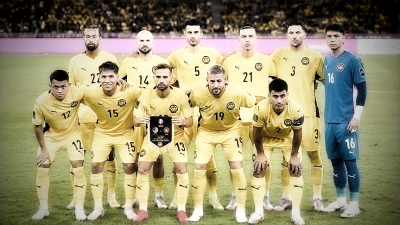
Prime Minister Datuk Seri Anwar Ibrahim spoke at the Council on Foreign Relations in New York on Sept. 21, and he was asked, “What is the fate of the NEP?”
Anwar told his audience that the NEP was launched by the erstwhile PM Abdul Razak Hussein in 1971, two years after the bloody race riots of May 13, 1969.
Tensions arose because the Malays felt deprived of any significant returns after Merdeka in 1957. Many Malays lived in abject poverty, and the rural areas lacked proper schools.
As a young student, Anwar agreed with the affirmative action policies which provided opportunities in both education and business for the Malays.
However, he acknowledged that some politicians had awarded their own family members and cronies with massive contracts and free shares. This prompted a backlash from the non-Malays who accused these politicians of abusing the NEP.
Although the PM said that the NEP would retain some of its features, he added that the Bumiputera agenda was no longer part of the NEP. He also acknowledged the plight of poor non-Malays and indigenous Sabahans and Sarawakians.
He dismissed the notion that current affirmative action policies were remnants of the NEP, and agreed that the NEP would be needs-based to provide assistance to all Malaysians.
However, Anwar then caused some confusion when he said that there was still a need to continue with the Bumiputera agenda.
He claimed that he was being pragmatic because many Malays still felt marginalized.
In other words, Anwar was still pandering to the Malays. He feared that they might have felt they were being left out because they were “not mentioned.”
Many Malaysians, both abroad and in Malaysia, are probably disappointed with Anwar.
Some are probably asking, “When will the leaders stop spoon-feeding the Malays?”
The NEP had a shelf life of 20 years. Dr. Ismail Abdul Rahman, then deputy PM who helped formulate the NEP, said the original aims should have been achieved in 1990.
If the NEP had failed, then it was to be ditched or an alternative found.
The NEP was only meant to give temporary assistance to the Malays, wealth distribution being its primary focus, but at the same time it should have restored social harmony.
In the Merdeka era, Malays were mainly rural dwellers, whose main income came from agriculture, like padi farmers and fishermen on the coast. Those who controlled the economy were of course the colonial masters and the Chinese who were established in commerce, in the provision of goods and services, and in tin mining.
In the villages, Chinese traders who lived among the Malays served as middlemen to the farmers. Malay farmers sold their agricultural products to the Chinese, who in turn found a market in bigger towns.
At the same time, the Chinese would provide other services such as repair of machinery or bicycles, or sell provisions like food, grain and kerosene.
The NEP meant that the Malays received favorable treatment in education, business, government contracts and corporate share ownership. In addition, there were quotas for bumiputeras in civil service and government-linked companies.
Abject poverty was reduced, and the NEP also helped create a sizable Malay professional and business class, as well as a huge Malay middle class.
However, various politicians found loopholes whereby they could rig the system and reward their family members and cronies.
The other downside is that the Malays developed an enormous sense of entitlement.
Fearful of being denied any of their new-found opportunities, they resisted any change to the NEP. They were also found to lord it over the other races and in general, their arrogance did nothing for racial harmony.
The overall wealth of the Malays may have improved, but the wealth gap between each racial grouping has remained high. There is a huge gap between the poor Malays and fabulously wealthy Malays.
Instead of disbanding the NEP because it had failed to achieve the 30% economic involvement of the Malays in economy/commerce, the NEP merely continued under several new names.
So, when the PM was asked about the future of the NEP, he refused to say if it would be disbanded.
If only he would acknowledge that many forward-thinking Malaysians consider the Bumiputera privilege laws as institutionalized racism.
Today, the NEP is also known as “Never Ending Privileges” and has become a sacred cow in politics. Few dare to question or criticize it. Politicians that do are only committing political suicide.
The damage to the nation’s psyche is bad. The country is torn apart by racial discrimination which has damaged ethnic relations and promoted a culture of fear and insecurity among the people.
The nation’s image is tainted with our own version of apartheid.
With the NEP being abused by the elites, Malay dignity has been lost. To accommodate the Malays, colleges and universities lower their entry requirements, leading to poorly trained professionals in local institutions. Malay graduates are rejected by businesses as they fall short of the required standards.
The abuse of the NEP has led to massive cronyism, nepotism and corruption. People are powerless to act against corrupt and unjust leaders.
Another tragedy of the NEP is brain drain. Malaysia has lost a lot of its talented people, both non-Malays and Malays, because of the discriminatory NEP policies. The NEP weakens the Malays.
Source:
- Council on Foreign Relations: A conversation with Prime Minister Anwar Ibrahim of Malaysia

(Mariam Mokhtar is a Freelance Writer.)
ADVERTISEMENT
ADVERTISEMENT








































